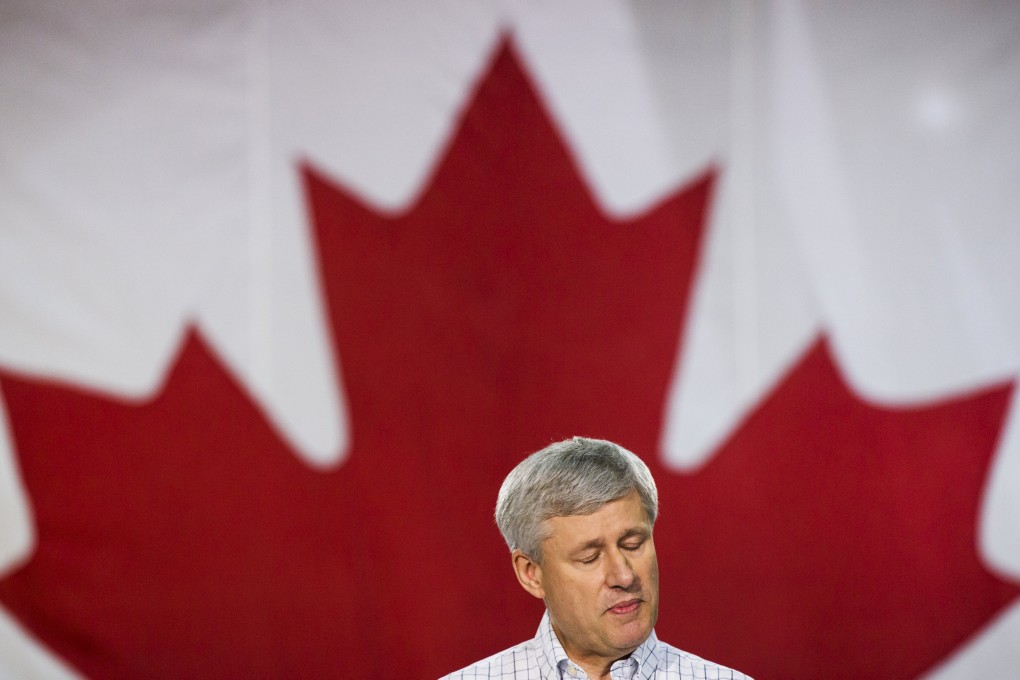Why Canada's immigration and religious issues could dictate who wins the federal elections this week
In a race where Trudeau and Harper have both stumbled with Toronto's Muslim community, who will earn their confidence by October 19th?


The suburban Toronto neighbourhoods reached by area code 905, key constituencies in this campaign thanks in part to a redistribution of parliamentary seats, are home to hundreds of thousands of immigrants drawn to a nation that for decades has been a refuge for victims of war and oppression.
But the politicians running to govern Canada have found in this campaign for Parliament and executive office one complication of diversity: What pleases one community can outrage another.
Prime Minister Stephen Harper’s call for curbs on Muslim women wearing the niqab veil in public probably has cost him support in Canada’s largest cities, where Islamic communities traditionally vote for his Conservative Party. The more numerous non-Muslim immigrants, though, have rallied to Harper’s contention that the veil reflects “anti-woman” culture and hinders integration. More broadly as many as 80 percent of Canadians surveyed by pollsters say they agree with the prime minister.
The ascendant Liberal Party, headed by Justin Trudeau, 43, the charismatic eldest son of the late Prime Minister Pierre Trudeau, has had its own stumbles with Muslims and other conservative cultures. The party that dominated Canadian politics for most of the 20th century has found itself under fire in immigrant communities in populous Ontario over the provincial government’s introduction of a sex education program in public schools.

